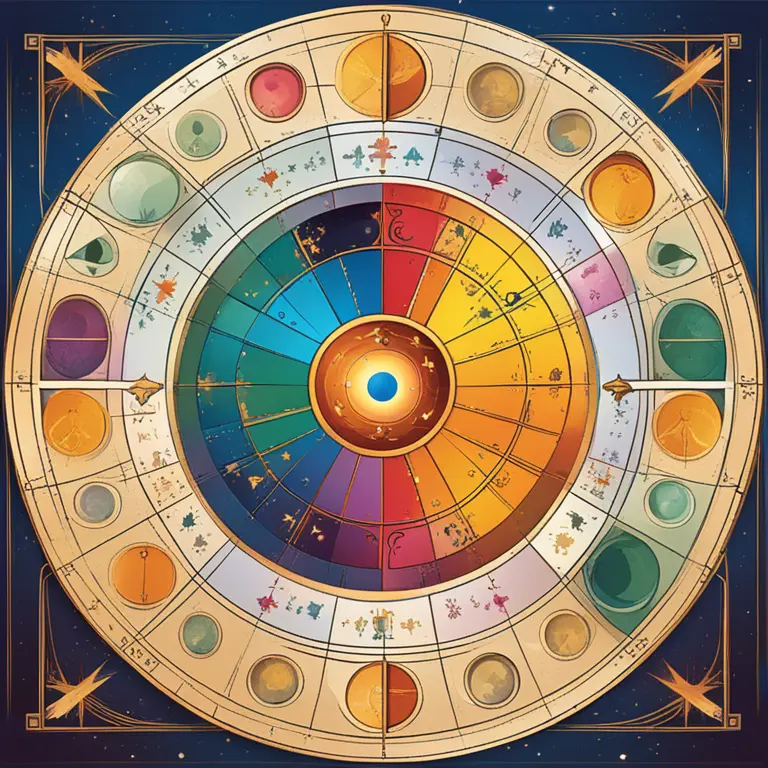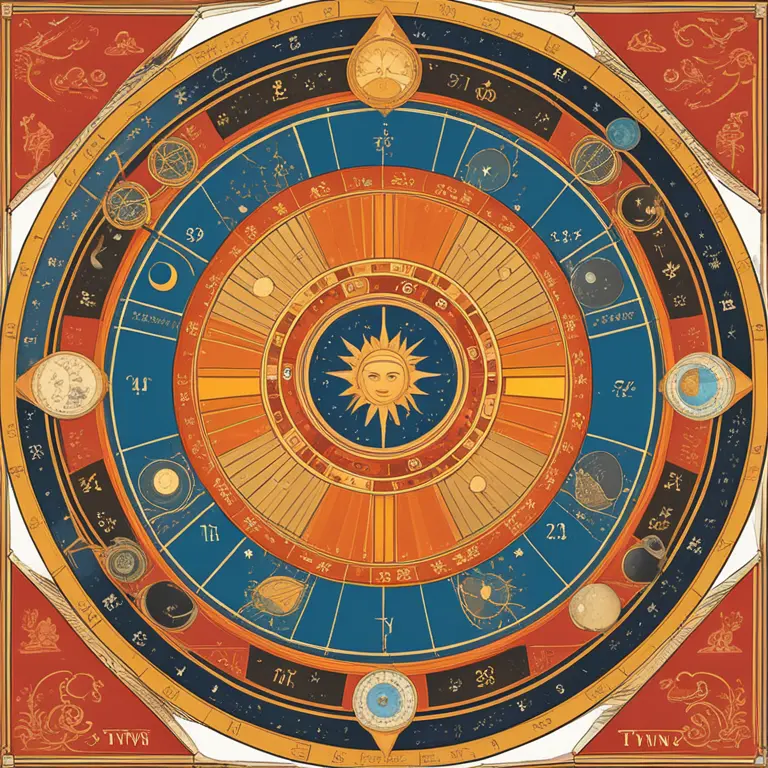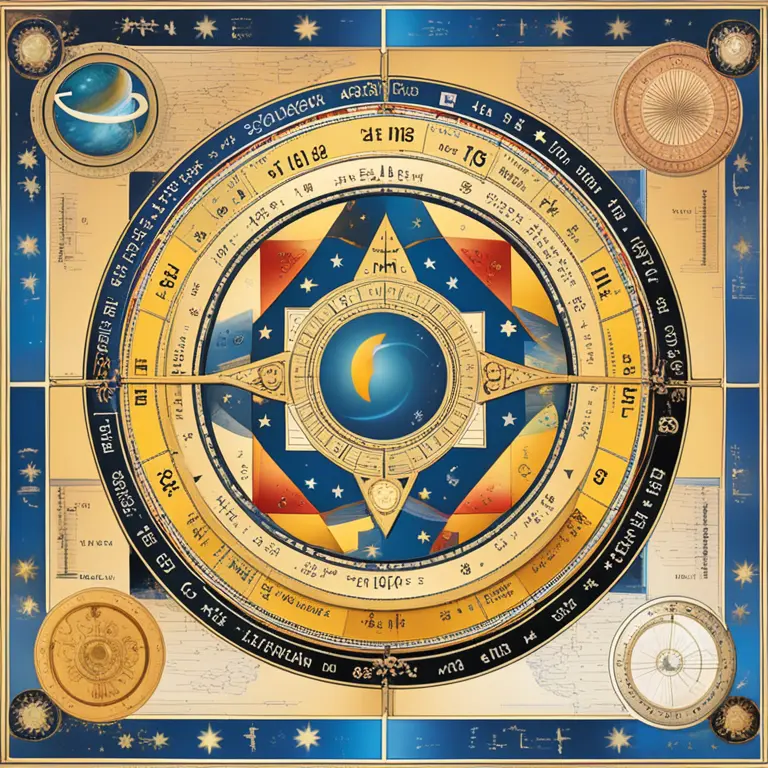
The Rarity of Your Birth Chart: Fact Check
Discover the statistical likelihood of your astrological birth chart and what makes it unique in the realm of astrology.
article by Priya Deshmukh
Your Birth Chart: As Unique As You Are
As you delve into the world of astrology, one question that might cross your mind is, “Is my birth chart rare?” The answer is nuanced. Every birth chart is, in many ways, as unique as a fingerprint, portraying the precise alignment of celestial bodies at the time of your birth. But, is rarity the right term to apply to something that's inherently singular? A birth chart is a snapshot of the sky from a specific location at a specific moment. The probability of two individuals having the identical chart is minimal, given the constant movement of the heavenly bodies and the granularity of time and space involved.

Understanding the Variables
Astrological rarity can be evaluated by considering the key variables that construct a birth chart. The positions of the Sun, Moon, and planets across the twelve houses and various zodiac signs account for a vast range of combinations. Furthermore, aspects – the angles planets make to one another – also add complexity. With a plethora of intricate details, including degrees and minutes, the chart becomes exceptionally personal. Even twins may have slight differences in their birth charts, affecting their personalities and life paths according to astrological thought.

Frequency of Zodiac Sign Combinations
Analysts might ponder the frequency of specific zodiac sign combinations appearing in birth charts. While some signs may cycle more frequently as the Sun moves through them annually, a chart's rarity isn't determined solely by Sun signs. The layering of Moon signs, ascendants, and planet placements further individualizes one's birth chart. As each of these factors follows a different cycle, the combination that they create in a single chart is statistically distinctive.

The Role of Major Astrological Events
Certain astrological events like eclipses, transits, and retrogrades bring about rare alignments, which can grant a sense of rarity to birth charts involving these phenomena. For instance, a person born during a significant planetary conjunction, such as the great Jupiter-Saturn conjunction, which occurs approximately every 20 years, may consider their chart rare due to that event's infrequency. However, individualized aspects and their interpretations remain a pivotal factor in the chart's distinctiveness.
Technological Advancements in Astrology
In 2024 and beyond, technological advances have refined the precision of astrological readings. With sophisticated software, astrologers can calculate the exact positions of celestial bodies down to the arc second. This technological precision highlights the individuality of each chart, as even a few seconds of time can slightly alter the chart's configuration. The growing database of astrological knowledge also enriches interpretations, providing more layers to the concept of rarity in astrology.
Embracing Your Astrological Framework
Ultimately, whether your birth chart is considered rare might be less consequential than what the chart reveals about your character, potential, and cosmic journey. Astrology celebrates the individuality encapsulated in each chart, urging seekers to use this knowledge as a guide rather than fixating on the likelihood of their astrological blueprint. Embrace your birth chart as a personal map of the heavens that can illuminate your strengths, challenges, and the synchronicities of your existence.
Published: 1/22/2024
Modified: 1/22/2024
More predictions
Come back here soon to learn more about yourself and your future


The Lunar Phases of the Moon Explained
Learn how the moon's phases affect us on Earth and influence astrological interpretations through their celestial dance.


Moon Phases & Astrological Affect
Discover how the moon's phases and location impact astrology, affecting personal moods, behaviors, and life events.


Moon Phases & Their Astrological Meaning
Discover the mystical meanings behind the moon's phases and how they influence astrology and personal growth.